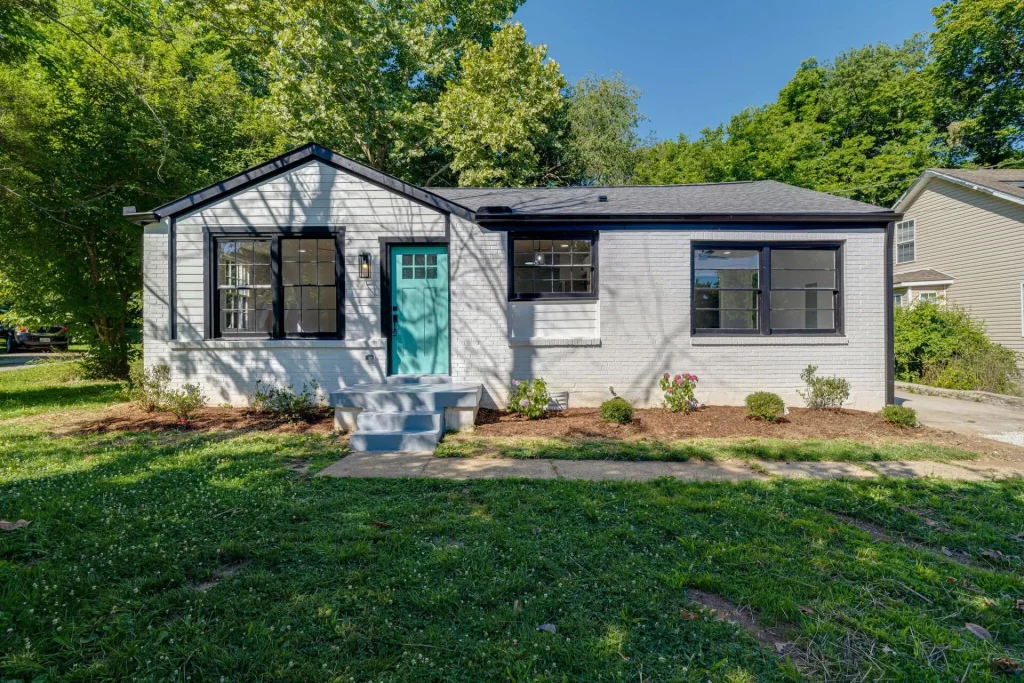What kind of taxes do I have to pay after selling my house and profiting from such? Is the capital gains tax enforced in Tennessee?
What is the Capital Gains Tax?
The capital gains tax is a tax placed on non-investment assets which is mostly used in regards to the profit made on the sale of property, stocks, bonds, precious metals (such as silver and gold) and real estate. When selling a house, if you are married and profit five-hundred thousand dollars or less, or are single and profit two-hundred fifty thousand dollars or less from your house’s sale, you are exempt from this tax, but this exemption is only allowed if the profit is made up to or less frequently than every two years and can only be made on one profit.
If a couple sells their main residence and makes a profit of five-hundred fifty thousand dollars, five-hundred thousand of that will be excluded due to their exemption, but they will have to pay a long-term capital gains tax on the remaining fifty thousand dollars. This is true for the same situation and its regulations for a single adult making a profit of over two-hundred fifty thousand dollars. This means that after that exemption, no other properties can be excluded from the tax, even if there was a profit less than that of the regulations. Initially it was created in order to set bounds on what people were willing to invest in the profit from their assets which would lower the return to those stockholders after taxes.
Make sure to stay aware of taxes that affect your property’s sale and the profit you are able to gain as these are subject to change.
Personal Residences
Personal residences are recognized by the government as your current, and primary places of residency. This means that they are eligible to be excluded from the capital gains tax if they meet several requirements. These requirements were set in place to ensure there was some order in the amount of profit made along with recognition of the responsibility to pay taxes on properties and real estate.
Qualities that will ensure a property to be recognized as a personal residence:
- If, out of the last five years, you have owned this house for at least two of them
- You have not claimed more than one property (including, but not limited to, vacation homes and seasonal houses) in the previous two years
- You have claimed this property as your primary residence for at least two years
FAQ´s
How is capital gain calculated?
Capital gain is calculated by subtracting the primary value of a property from the current value at which it is sold. It is comparable to finding profit from an initial revenue. At this point, you are able to begin the evaluation of your qualification for exclusion from this tax, and if not, then the calculation of what percentage of the profit you will be paying in a tax.
Is there a way for me to avoid this tax as a Tennessee resident?
There are only nine states in America that do not have a state-wide mandate concerning the capital gains tax, and one of them is Tennessee. What does this mean for you? That when making a profit on selling your property, there is no amount of profit that you cannot exceed before paying this yield tax. Whereas this is true at the Tennessee state level, there still may be a national law that requires a similar tax to be paid. It is important to be aware of national and state-wide laws concerning the sale and profit of property and real estate.
What other taxes should I be made aware of when selling a home in TN?
Property and transfer taxes are two that will impact the sale and profit of your residency. To get an accurate estimate of what percentage you should be spending on these taxes and whether there are any exemptions to these, you should be in contact with a real estate attorney to evaluate the amount of transfer, property, and even local taxes you will need to be paying with the sale of your house. Many times, these taxes cannot exceed a certain amount and with how quickly state and local tax reform bills are being made, it is not unlikely that you will be selling your property in a year that does not require any local or other tax.
Real Estate in Tennessee
In the last few years there has been a rollercoaster of taxes, changes in interest, and fluctuations of profit regarding real estate nationwide, but more specifically in the volunteer state,Tennessee. It is hard nowadays to keep up when it seems as if the only thing that does not change is change itself, but you can find these laws and regulations after a quick search on Google.
The average house costs around $250,000 in Tennessee, but that is not consistent year-round as the market for selling and buying homes increases in fall months such as September and October. And though real estate value fluctuates at a faster rate than laws usually do, it is important to keep up with both. Nationwide, we see these trends move at a slower pace which could account for the capital gains tax being a nationally regulated tax as opposed to strictly state-wide since we see how evident change is even there, as explained later. Overall, it is incredibly important to keep up with the fads amongst realty, or at the very least, people who are aware of its ever shifting sands.
In Conclusion
The daunting process of selling a house brings all of its own worries, so the added stress of worrying about whether or not you will have to pay a tax on your profit can be overwhelming. It is important to be knowledgeable of whether your state requires the capital gains tax to be paid, and if not for the full state, then what exclusions apply. Make sure to also recognize what sort of real estate you have, whether it be a personal residence or an investment property. All of these things affect how much of the profit you keep, even if you do not have to pay a capital gains tax on the sale.

